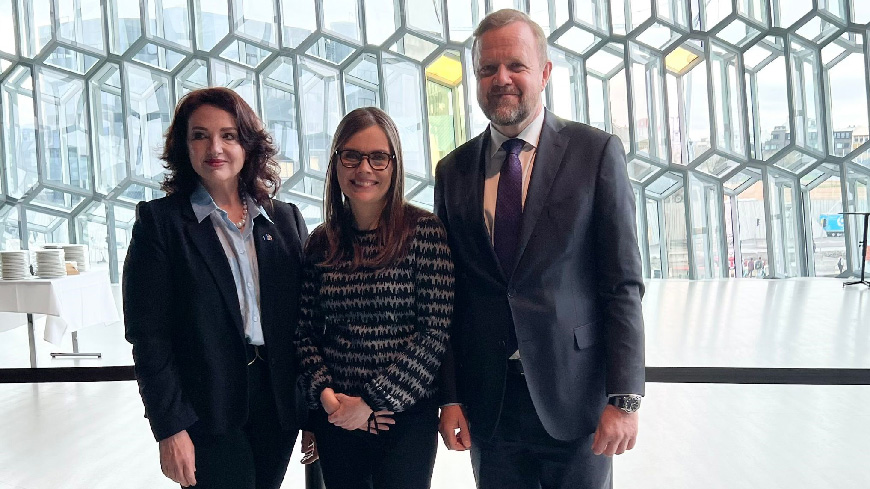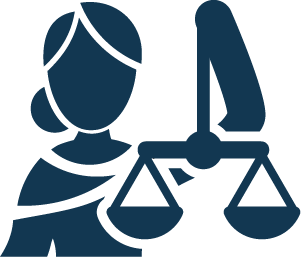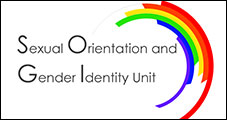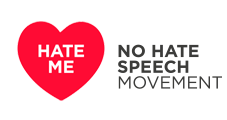Katrín Jakobsdóttir, Prime Minister of Iceland; Bjørn Berge, Deputy Secretary General of the Council of Europe; and Helena Dalli, EU Commissioner for Equality, have made a joint statement ahead of the International Day Against Homophobia, Lesbophobia, Biphobia, Transphobia and Intersexphobia, which will be marked on 17 May. The statement was delivered during the IDAHOT+ Forum organised on 11 May in the framework of Iceland’s Presidency of the Council of Europe’s Committee of Ministers:
“While visionary European policies are driving unprecedented positive change and the rights of LGBTI persons have been strengthened in many European countries faster than what could have been imagined only a decade ago, we cannot ignore an ongoing human rights backsliding and continued polarisation in Europe with alarming LGBTI-phobic hate speech, discrimination and sometimes even violence. We are gathered in Reykjavik on the occasion of the IDAHOT+ Forum, hosted by the Icelandic Presidency of the Council of Europe, to mark next week’s International Day Against Homophobia, Lesbophobia, Biphobia, Transphobia and Intersexphobia.
This annual assembly of European governments, international and European organisations, international civil society organisations and academics is a unique opportunity to take a welcome but intransigent look at the state of the rights of LGBTI persons across our continent, measure progress, identify shortcomings and observe trends. As we ask ourselves what more should be done, this year’s IDAHOT theme appears to hint at the key ingredients: “together always, united in diversity”. The Forum provides for a welcome space to put them in practice and forge the successes of tomorrow:
- Protect and enable the essential work of LGBTI human rights defenders and civil society actors;
- Build on the historic alliances uniting the LGBTI movements to counter the attempts at fragmenting universal human rights;
- Demonstrate political leadership and showcase national practices that inspire European-level policy-making to advance equality for intersex people;
- Promote good practices to counter hate speech against LGBTI youth to foster inclusion in schools;
This Forum brings many voices together, and it is in unison that we pledge to reinforce European cooperation on LGBTI equality policies and stand for the respect for the human rights and dignity of every member of society.”
The IDAHOT+ Forum is the major annual event aimed at collectively advancing the rights of LGBTI people across Europe. It is organised at European level by the European Network of LGBTI Governmental Focal Points (EFPN), and is supported by the Council of Europe’s SOGI Unit, to strengthen European cooperation on SOGIESC Equality policies. The forum brings together European policymakers, intergovernmental organisations, and civil society organisations who take stock of the rights of LGBTI people in Europe during the previous year.





